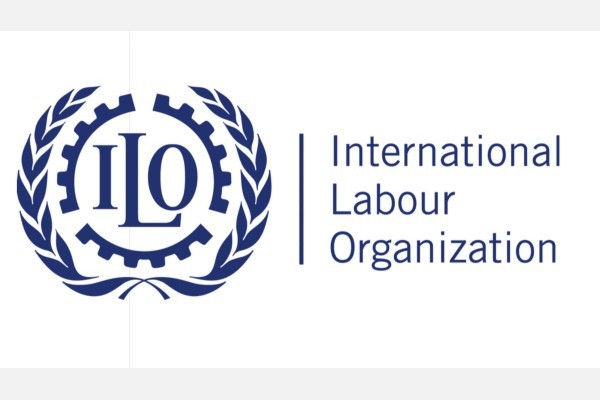Repository of Practices

Commitment to fair recruitment and due diligence in the sugar and palm oil industry of Guatemala
Dates
Type of practice
Summary
Through the technical assistance of the REFRAME Project as well as a consultative process, companies have been sensitized to the fact that the responsibility to respect human rights comes with accountability and transparent reporting requirements, in accordance with established criteria. Subsequently, it was agreed to develop two specific sectoral policies, one for the sugar sector and the other for the palm oil sector, which take as a reference the ILO Declaration on Fundamental Principles and Rights at Work, as well as the ILO General Principles and Operational Guidelines for Fair Recruitment (GPOG). Companies were provided with guidelines for the verification of good business practices in the respect of human rights, operational complaint mechanisms and suggestions for remedial action. Examples of good practices were also described in the guide along with criteria to measure their effectiveness.
Organizations
Main Implementing Organization(s)
Partner/Donor Organizations
Benefit and Impact
ASAZGUA, GREPALMA and its partners committed to doing due diligence to prevent, mitigate and resolve current risks throughout value chains, including those related to recruitment irregularities and human rights violations. ASAZGUA committed to “maintain the timely periodicity of the due diligence evaluations in matters of human rights to our associates“, and to “give continuity to the monitoring, evaluation and improvement system in social, labour and environmental aspects establishing goals of specific improvement for each associate“.
GREPALMA committed to training their partner agencies in human rights and fair recruitment and incorporating a mechanism to verify compliance. These actions have been validated with every participating company. Furthermore, the Sustainability Department of GREPALMA has been tasked to deal with queries related to compliance with the policy. GREPALMA also ensures follow-up to the implementation of the policy through its Board of Directors and shares its bi-annual progress reports through its communication platforms with concerned parties. The content of the adopted human rights policies will also be reviewed annually as part of an evaluation process.
Thousands of (migrant) workers benefit from these measures. The 11 associated mills in ASAZGUA generate around 63 thousand direct jobs and 315 thousand indirect ones in the sugar sector, while the palm oil sector in Guatemala generates 28,575 direct jobs and applies to 143,000 indirect beneficiaries.
Key Lessons
Recommendations(if the practice is to be replicated)
Innovation
Additional Resources
Date submitted:
Disclaimer: The content of this practice reflects the views of the implementers and does not necessarily reflect the views of the United Nations, the United Nations Network on Migration, and its members.
More Related Practices:
- Recruitment Cost Calculator (RCC)
- Research on human rights violations against live-in domestic workers, and related Code of Good Practice
- Migration Lab for the domestic and home care sector
- Domestic Workers League of ACV-CSC Brussels
- Ferias y actividades multitudinarias vinculadas a trabajo con organizaciones de base
Peer Reviewer Feedback:
*References to Kosovo shall be understood to be in the context of United Nations Security Council resolution 1244 (1999).
Newsletter
Subscribe to our newsletter.